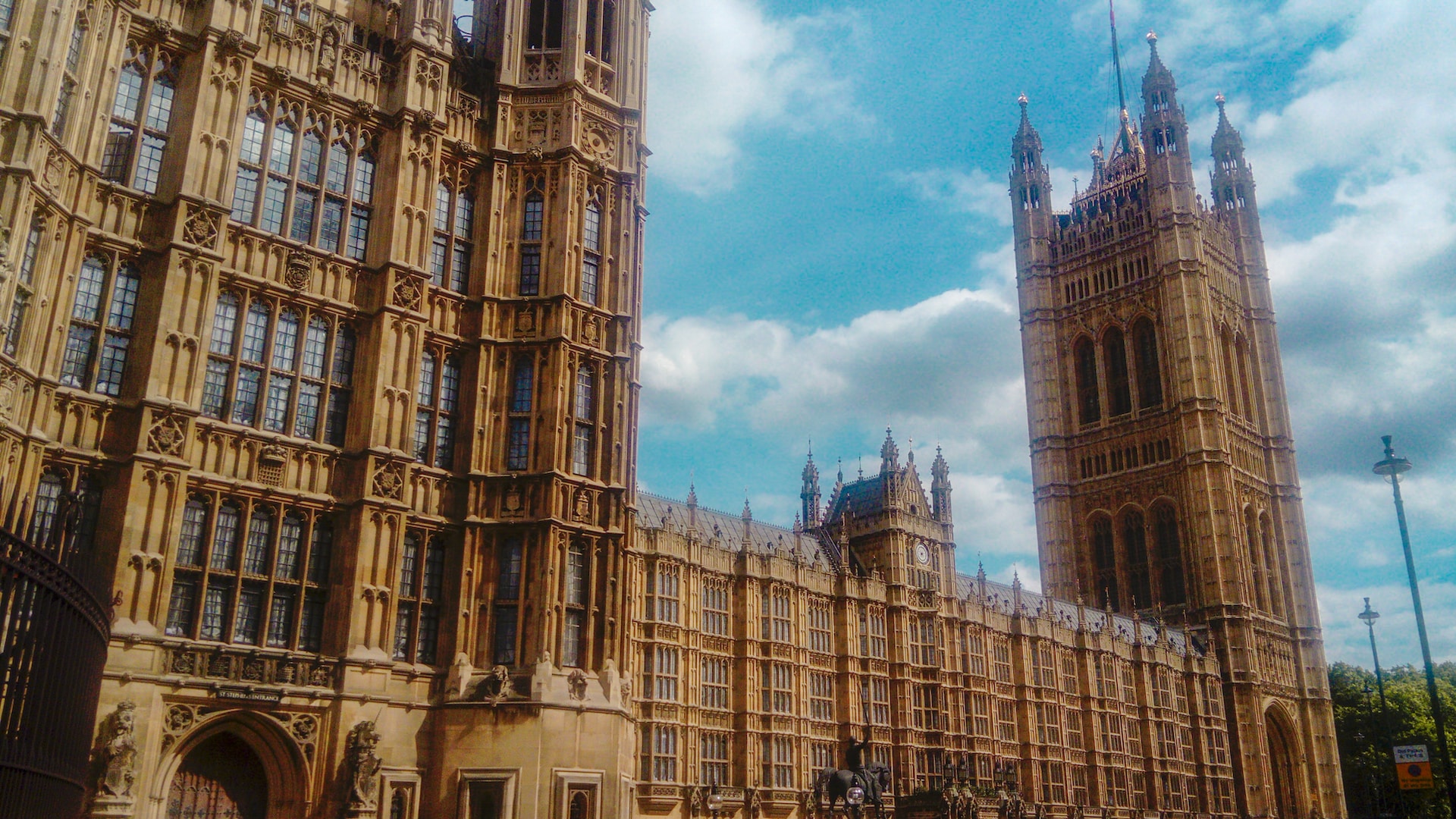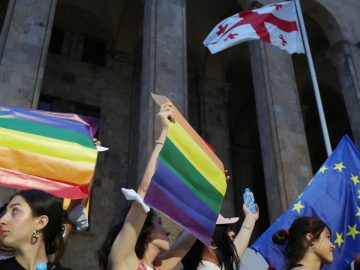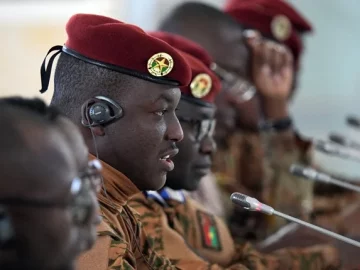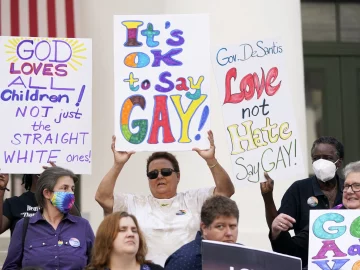In a groundbreaking address to parliament, British Prime Minister Rishi Sunak has extended a formal apology on behalf of the UK government for the past mistreatment of LGBT individuals within the military. This historic move acknowledges the pain and discrimination faced by countless military personnel up until the ban was lifted in 2000.
A Long Overdue Apology
Sunak’s heartfelt speech underscored the grave injustice meted out to LGBT military personnel prior to the year 2000. “The banning of LGBT people from serving in our armed forces until the year 2000 was an appalling failure of the British state,” Sunak remarked. He further highlighted the “horrific sexual abuse and violence” and “homophobic harassment” endured by many who valiantly served the nation.
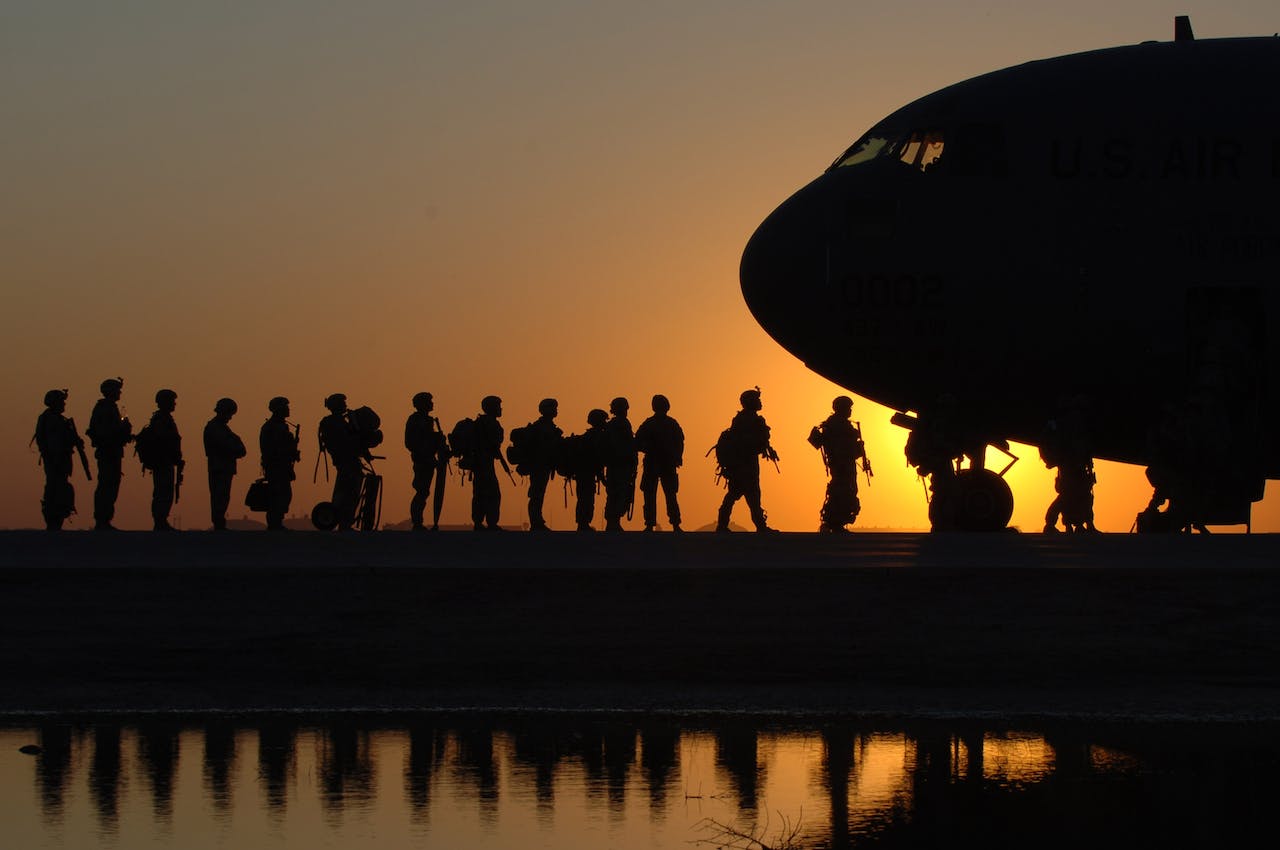
“This acknowledgment, though long overdue, represents a significant step toward healing and restitution for those who were unfairly targeted due to their sexual orientation or gender identity,” said Catherine Dixon, ex-soldier and current vice-president of the LGBT association Stonewall.
Evolving Military Standards
The British military’s stance on LGBT individuals has drastically changed since the lift of the ban in 2000. Secretary of State for Defence, Ben Wallace, emphasized the country’s commitment to inclusivity, stating, “Tolerance, the values of Western democracies for which we asked you to fight have been refused to you. This was a serious mistake.”
This public apology follows the release of a government-commissioned report detailing the experiences of former LGBT military personnel who served between 1967 and 2000. This crucial document sheds light on the countless challenges and prejudices faced by these brave individuals. A notable recommendation from the report suggests that affected veterans receive “appropriate financial compensation.”
Personal Accounts Highlight Injustices
The report contains firsthand accounts from several LGBT individuals who served during the ban. Their stories, shared anonymously, provide a raw and unfiltered look into the prejudices they faced. One poignant account mentions, “I was the victim of insults, physical attacks, harassment… All because people suspected me of being gay. I wasn’t, I’m transgender. But it was considered worse.”
Restoring Honor
In a move that reflects the changing stance of the Ministry of Defence, service members who were discharged due to their sexual orientation or gender identity are now eligible to reclaim their medals. This change was catalyzed by Joe Ousalice, a Falklands War veteran, who, after a prolonged legal battle, managed to have his confiscated medal returned in 2020. Ousalice was forced to leave the Royal Navy due to his sexual orientation and was stripped of his long service and good conduct medal after a court martial convicted him for his bisexuality.
The Road Ahead
While this public acknowledgment and the subsequent measures mark significant progress, there’s much to be done to ensure that such prejudices are eradicated entirely. The hope is that this apology, coupled with continued advocacy and reform, will pave the way for a more inclusive and tolerant future for all individuals, regardless of their sexual orientation or gender identity.
©unitedradiance.org

